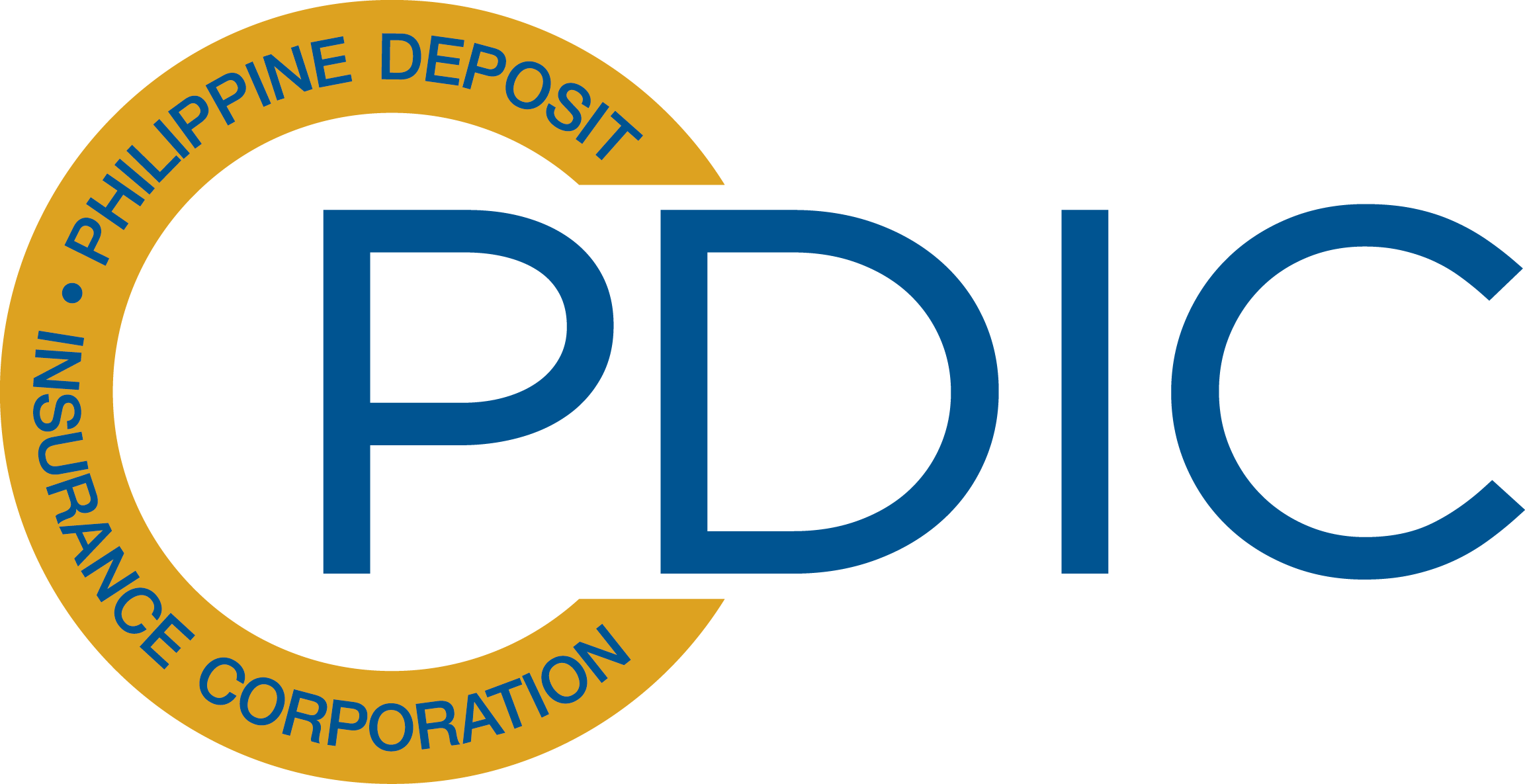| ARCHIVE |
PDIC Inks Financial Literacy MOU with Private School Organization |
The Philippine Deposit Insurance Corporation (PDIC) recently signed a Memorandum of Understanding (MOU) with private school organizations to promote financial literacy and savings consciousness among high school students. The simple ceremony was held at the PDIC Main Office in Makati City as part of the celebration of the 5th Depositor Protection and Awareness Week (June 16-22). The project expanded the coverage of PDIC's financial literacy project that started in schoolyear 2006-2007 in collaboration with the Department of Education. Organizations under the Coordinating Council of Private Educational Associations (COCOPEA) namely the Catholic Education Association of the Philippines (CEAP), Philippine Association of Colleges and Universities (PACU), Association of Christian Schools, Colleges and Universities (ACSCU), and Philippine Association of Private Schools, Colleges and Universities President (PAPSCU), signed the MOU with PDIC to enjoin their member-schools numbering about 3,000 representing an average enrollment of 1.3 million high school students to adopt the use of the Teacher's Guides that PDIC co-produced with the Department Education (DepED). Together with some 5 million public high school students targeted by the earlier PDIC-DepED collaboration, the financial literacy project is expected to reach some 6.3 million high school students yearly. The Teacher's Guides, which are supplemental instructional materials, integrated information on the value of saving, the financial sector, and PDIC's mandate and functions in the current secondary level curriculum particularly in the subject areas of Araling Panlipunan (Economics) IV and Edukasyon sa Pagpapahalaga (Values Education) II, III, IV. These will be used to teach 2nd, 3rd and 4th year high school levels. “We are pleased that this project will now reach private high school students nationwide and that they too will be given the opportunity to enhance their financial literacy and learn better money management skills through the commitment of PACU, CEAP, ACSCU, and PAPSCU to enjoin their member schools to use these Teacher's Guides as additional teaching reference materials,”PDIC Officer-in-Charge and Executive Vice President Cristina Q. Orbeta said. Cocopea Chairman and PACU president Dr. Vicente K. Fabella lauded the PDIC for taking the initiative to further financial literacy and savings advocacy among the youth. “The Cocopea will help push financial literacy in high school students. This is something that we will take seriously given that the Philippines has one of the lowest savings rates in Asia. This is always a challenge because economic and social development are heavily correlated to the country's savings rate&dquo;, he said. DepED - Bureau of Secondary Education Assistant Director Estrellita Evangelista encouraged the use of the Teacher's Guides noting that the “saving and depositing in banks, as well as the role of PDIC in banking, are salient information that our students need to know.” Through their Araling Panlipunan classes, students will learn the significance of savings mobilization in the financial environment and the role of PDIC in helping look after the soundness of the banking system. Values education classes, on the other hand, will urge teenagers to be aware of their rights and responsibilities as depositors. The Teachers' Guides are also designed to help teachers carry out livelier and more interesting class discussions. For example, a values education Teacher's Guide suggests strategies in teaching simplicity and frugality using various classroom strategies. The teacher will then steer the discussion towards the values of simplicity, frugality, temperance, and prudence and expound on the value of saving money for one's future. The Teacher's Guide in economics, on the other hand, suggests a panel discussion on the relations of various sectors (government, church, trading institutions, private sector, public sector, and banks) in the flow of economic activities. Guide questions on the importance of saving and investing and PDIC's role in safeguarding the interests of bank depositors are also included. Since 2005, PDIC has been institutionalizing advocacy programs to empower the youth to make informed financial decisions starting with the curriculum integration in the secondary level. The advocacy was reinforced through a tripartite undertaking with the Commission on Higher Education (CHED) and the Philippine Council of Deans and Educators in Business (PCDEB) to help enhance the current B.S. in Business Administration curriculum in college. As an industry partner, PDIC will assist in integrating in business core subjects updated information on the Philippine financial system, the role of PDIC in helping promote financial stability in the economy and the values of saving in banks and responsible banking. PDIC has high hopes these projects in the long run will help spur economic gains for the country. |
back |
This website uses information-gathering tools including cookies and other similar technology. Data generated are not shared with any other party. For more information, please refer to our privacy policy.
 PDIC is a government instrumentality created in 1963
PDIC is a government instrumentality created in 1963by virtue of Republic Act 3591, as amended, to insure
the deposits of all banks. PDIC exists to protect
depositors by providing deposit insurance coverage for the depositing public and help promote financial stability. PDIC is an attached agency of the Bangko Sentral ng Pilipinas.

Questions? Need Help?
Click Frequently Asked Questions
Trunkline.: (632) 8841-4000
Hotline: (632) 8841-4141
(for Metro Manila clients)
Fax No.: (632) 8841-4085
Email: pad@pdic.gov.ph
Client outside Metro Manila may call
Toll Free: 1-800-1-888-7342 or
1-800-1-888-PDIC

.png?Saturday; June 1, 2024)

Hotline: (632) 8841-4141
(for Metro Manila clients)
Fax No.: (632) 8841-4085
Email: pad@pdic.gov.ph
Client outside Metro Manila may call
Toll Free: 1-800-1-888-7342 or
1-800-1-888-PDIC

.jpeg)
.png)


